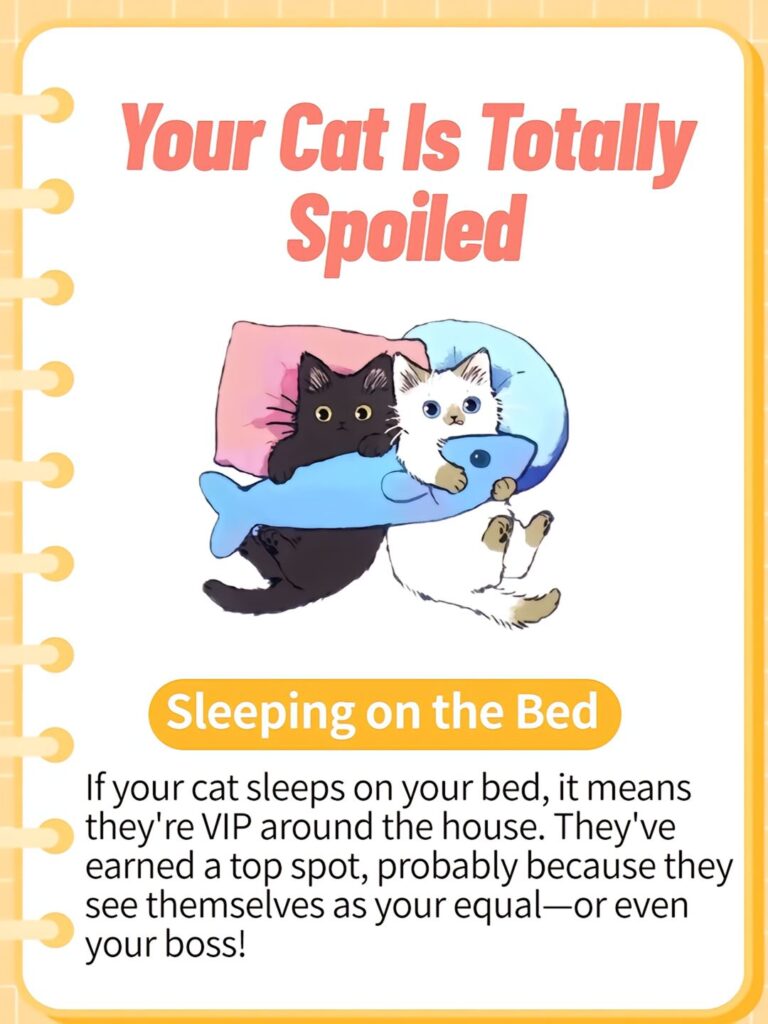
Is Your Cat in Distress 4 Silent Signals You Should Never Ignore
Is Your Cat in Distress? 🚨 4 Silent Signals You Should Never Ignore! 🐱❗
Cats may be independent creatures, but they have their own way of telling us when something is wrong. Unlike dogs, they often hide their pain or discomfort, making it crucial for pet parents to recognize the subtle distress signals they display. If you notice any of these 4 warning signs, your cat may be trying to tell you something is wrong!
1️⃣ Ear Kicking & Crouching Like a Hen 🐾

Have you ever seen your cat repeatedly kicking at their ears or crouching low to the ground like a hen? This could be a sign of ear infections, mites, or even anxiety. If the behavior persists, check for redness, foul odor, or excessive wax buildup in the ears and consult your vet immediately.
2️⃣ Hiding & Frequent Butt Licking 🏠🩹

Cats naturally seek out quiet places when they feel unwell, but if your feline friend is hiding more than usual and excessively licking their rear end, it might indicate digestive issues, anal gland problems, or even parasites. This behavior should not be overlooked—schedule a vet check-up to rule out infections or irritation.
3️⃣ Inappropriate Urination/Defecation & Arched Back, Mouth Down 🚽😿

If your cat is suddenly avoiding the litter box and leaving surprises around the house, it may be dealing with stress, a urinary tract infection, or even kidney disease. An arched back with their mouth facing downward can also signal abdominal pain or severe discomfort. Don’t dismiss these changes—seek veterinary advice promptly!
4️⃣ Frequent Eye Rubbing & Difficulty Urinating 👀🚨

Excessive pawing at the eyes could mean eye infections, allergies, or even corneal injuries. Similarly, if your cat is struggling to urinate, making frequent trips to the litter box, or crying out in pain while doing so, it could be a serious urinary blockage. This is a medical emergency—seek immediate veterinary attention!
Final Thoughts: Your Cat Relies on You! ❤️🐾
Cats may be masters of disguise when it comes to pain, but their behavior can reveal the truth. By staying attentive to these distress signals, you can ensure your furry companion gets the care they need before a small issue turns into a serious health crisis.
💬 Has your cat ever shown signs of distress? Share your experiences and help other cat parents stay informed! 🐾👇






